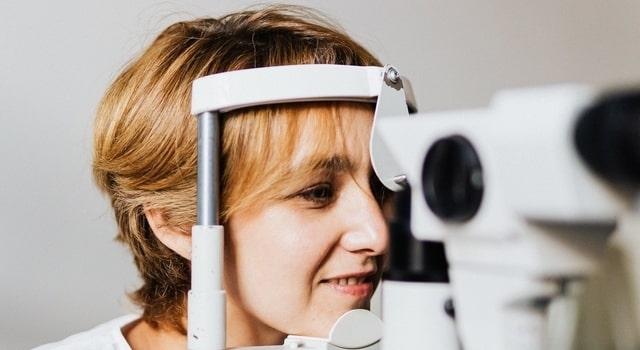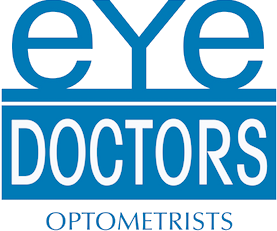
Regular eye exams are crucial for maintaining good vision and overall eye health. At Eye Doctors - Elgart Gordon & Associates, we strive to make your eye exam experience as smooth and comfortable as possible. If you’re feeling any anxiety about your next eye exam, we’re here to make you feel at ease and as prepared as possible with these easy tips:
Before Your Eye Exam: Preparation Tips
- Bring Your Medical History We’ll need a list of your current medications, previous eye conditions, and any family history of eye diseases. This information helps our optometrists understand your health background and tailor the exam to your needs.
- Update Your Eyewear Prescription If you wear glasses or contact lenses, bring your current prescription. This gives us more insight regarding changes in your prescription and how to move forward with your new vision correction plan.
- Note Any Symptoms Write down any vision issues or symptoms you've been experiencing, such as headaches, blurred vision, or eye strain. This helps us focus on specific areas of concern during the exam.
- Bring Sunglasses Your eyes may be sensitive to light after pupil dilation, so bring sunglasses to wear after your appointment.
- Plan for the Dilation Pupil dilation can temporarily blur your vision. It’s best to arrange for someone to drive you home or plan to stay off the road until your vision returns to normal.
During the Eye Exam: What Happens?
- Medical History Review The optometrist will review your medical and vision history, discussing any symptoms or concerns you may have.
- Visual Acuity Test This test measures how clearly you can see at various distances. You’ll be asked to read letters on a chart, which helps determine your level of visual sharpness.
- Refraction Assessment Using a phoropter, our optometrists will determine your exact eyeglass prescription. You'll look through various lenses and choose which ones provide the clearest vision.
- Eye Movement and Coordination Our doctors will evaluate how well your eyes work together by following a moving object. This helps detect any muscle imbalances or coordination issues.
- Eye Pressure Test Known as tonometry, this test measures the pressure inside your eyes to screen for glaucoma. It’s a quick and non-invasive procedure.
- Pupil Dilation Drops are used to widen your pupils, allowing the optometrist to examine the retina and optic nerve more thoroughly. This part of the exam can detect conditions like macular degeneration and diabetic retinopathy.
- Slit Lamp Examination A slit lamp provides a magnified view of the front of your eye, including the cornea, iris, and lens. This helps diagnose issues like cataracts and corneal abrasions.
After Your Eye Exam: What to Do
- Review Results Our optometrist will discuss the findings with you, explaining any changes in your vision and the health of your eyes.
- Update Your Eyewear If your prescription has changed, you’ll receive a new one for glasses or contact lenses. Our optical team can help you find the perfect frames or contact lenses to suit your needs and aesthetic tastes.
- Follow-Up Appointments If any conditions require further monitoring or treatment, we’ll schedule follow-up appointments to ensure your eyes remain healthy.
Schedule Your Eye Exam Today
At Eye Doctors - Elgart Gordon & Associates, we are dedicated to providing comprehensive eye care for the folks in Old Saybrook. Whether it’s your first visit or a routine check-up, our experienced optometrists are here to ensure you receive the best possible care. Request an appointment for your eye exam today and take the first step towards maintaining optimal eye health.
Contact us at Eye Doctors - Elgart Gordon & Associates to request your appointment here.
